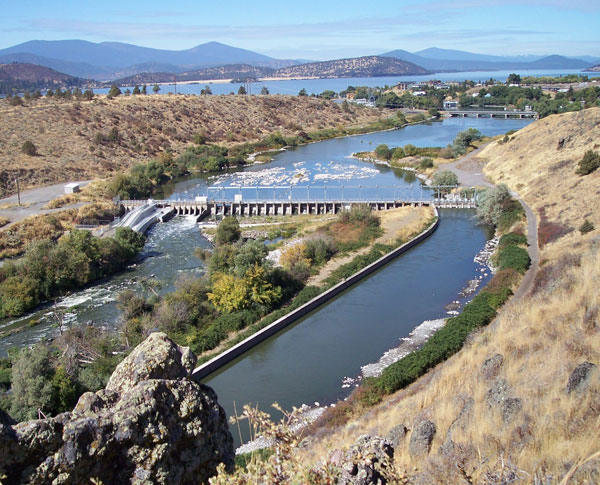
July 22, 2020; ABC News
The NAACP filed a lawsuit Wednesday against US Secretary of Education Betsy DeVos for allegedly diverting CARES funds allocated for public schools towards private educational institutions. Earlier this month, DeVos introduced an “interim final rule” that orders public school districts to set aside an amount of emergency federal aid for private schools based on the number of enrolled students; the NAACP contends that the CARES Act was supposed to distribute funds based on the number of enrolled students who qualified as low-income Title I students, not all students.
A similar lawsuit was filed July 7 by attorney generals from several states—California, Maine, New Mexico, Wisconsin, and Michigan—as well as Washington, DC.
Michigan’s attorney general Dana Nessel explained that DeVos’s misinterpretation of the CARES Act would essentially deprive the state’s public schools of approximately $16 million in coronavirus relief funds. “Michigan kids simply cannot afford for Betsy DeVos to play politics with their education,” Nessel told the Detroit News.
DeVos upheld her directive by calling the new rule “equitable services” for private institutions that are “under great financial strain” and said that at least 100 private schools have been forced to close. That is 100 out of an estimated 35,576 private pre-K-12 schools in the country, 78 percent of which are religiously affiliated.
Tuition-driven private schools were allowed to apply for and received PPP loans worth hundreds of millions of dollars. The Miami Herald did an investigation, for example, and found that both private and charter schools received loans through the Paycheck Protection Program. Ransom Everglades School, with an endowment of $40 million, received a loan ranging between $2 to $5 million dollars for a staff of 247. A school funded by billionaire real estate developer Jeff Greene because “Palm Beach schools weren’t up to par for their three sons,” received a PPP loan of $350,000 to $1 million for educating 105 students.
Sign up for our free newsletters
Subscribe to NPQ's newsletters to have our top stories delivered directly to your inbox.
By signing up, you agree to our privacy policy and terms of use, and to receive messages from NPQ and our partners.
“Our public schools have been defunded for decades and already lose hundreds of millions of dollars to private schools via vouchers every single year. Secretary DeVos’s binding rule forces our neighborhood schools to give desperately needed federal aid to private schools that have already accepted small business bailouts. Meanwhile, Title I public schools like mine have to rely on local charities and donors to help us feed students and stock classrooms. This rule will harm the students and families who need resources the most,” said Beth Lewis, co-founder of Save Our Schools Arizona on NAACP’s press release.
Under the new federal rule, public school districts would have two choices: either split the federal aid received between public and private schools based on total student enrollment of each institution; or restrict the funding for only Title I schools that have a large concentration of low-income students.
Such positioning is a 180-degree turn from the White House’s stand back in April that called private schools to return their PPP loans after the New York Times exposed that elite prep schools where Trump and Mnuchin’s children attend had applied and received aid.
Public schools often have higher student-faculty ratios per classroom than private schools and will face increased challenges to meet Centers for Disease Control and Prevention (CDC) school guidelines of limiting group sizes and promoting six-feet social distancing between students. Many are making plans to have a hybrid model of in-person and remote schooling to be able to adapt quickly if faced with a coronavirus spread. Others have to consider the costs of adapting personal tutoring for special needs children who are invariably left out of private school settings, as private schools are not required under the Americans with Disabilities Act to meet the needs of children with differences or disorders.
Moreover, spring school closures and remote learning during the onset of the pandemic, as NPQ has previously reported, underscored a stark digital divide between low- and higher-income students. Not to mention that there is an overwhelming racial divide between private and public schools, which makes NAACP’s lawsuit even more significant.
The Trump administration’s threats to school administrators to open this fall despite the uptick in COVID-19 cases while depriving them of essential aid is not only contradictory, it reinforces the certainty of how neoliberalism and politics supersede the needs and basic rights of our children.–Sofia Jarrin-Thomas













